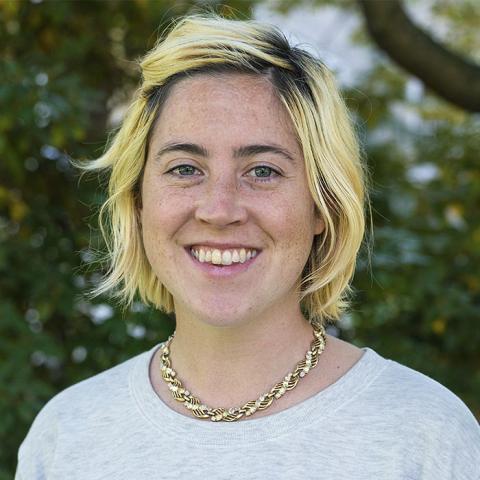Economic Botany Field Study in Trinidad and Tobago: Spring Break 2020
Students on the 2018 Economic Botany Field Study explora the flora of Trinidad and Tobago.
Details
Study plants and their evolutionary, agricultural, and human context in ENVS/BIO 118 Plants and People or ENVS/BIO 318 Economic Botany. Ten students will be selected to participate in the spring break 2020 field study in Trinidad and Tobago.
Application Deadline: Sunday, September 29th at 11:59pm
Info Session: Thursday, September 12th at 7:30pm in the CPGC Cafe (Stokes 104)
APPLY HERE
The Course
This course is a multidisciplinary approach to the coevolution and co-domestication of plants and humans. In this course, we will study plant evolution, physiology, biochemistry, and growth and their consequent effects on human society. Following an overview of plant biology, physiology, and ecology, we will spend each week investigating a topic in plant biology through the lens of a particular set of plants, from cacao to apples.
The Study Tour
A maximum of ten students from the combined class will be able to attend a spring break field study trip in Trinidad and Tobago (sponsored by the CPGC, KINSC, Environmental Studies, and the Provost’s Office) to study the social and botanical components of agriculture and plant life there. The trip will depart on Friday, March 6th and return on Sunday, March 15th (these dates are firm) and we will spend a week examining the facets of plants and people in Trinidad and Tobago, including environmental, labor, and ecotourism aspects. The history of agriculture in Trinidad and Tobago is one of succession: cane sugar production during the colonial era was supplanted by beet sugar and, more recently, cacao, and each crop has a complex relationship with slavery, labor exploitation, and environmental degradation. Across the Caribbean as a whole, agriculture and labor are embedded within a social, historical, and economic framework that should be learned in conversation and firsthand.
Itinerary
We will visit a wide variety of sites, from the rain forest to the University of West Indies Cocoa Research Center, and the East Indian Heritage Museum, in addition to lectures from naturalists, academics, and community leaders. As such, we will travel as a group and we will be working and learning virtually all day, every day during the entire trip; it will be a rigorous educational experience for the entire study tour group.
All travel expenses will be paid for by the CPGC, KINSC, Environmental Studies, and Provost’s Office funds (except for incidentals: food at airports, etc.). Student flights, lodging, transportation, and meals will be paid for.




